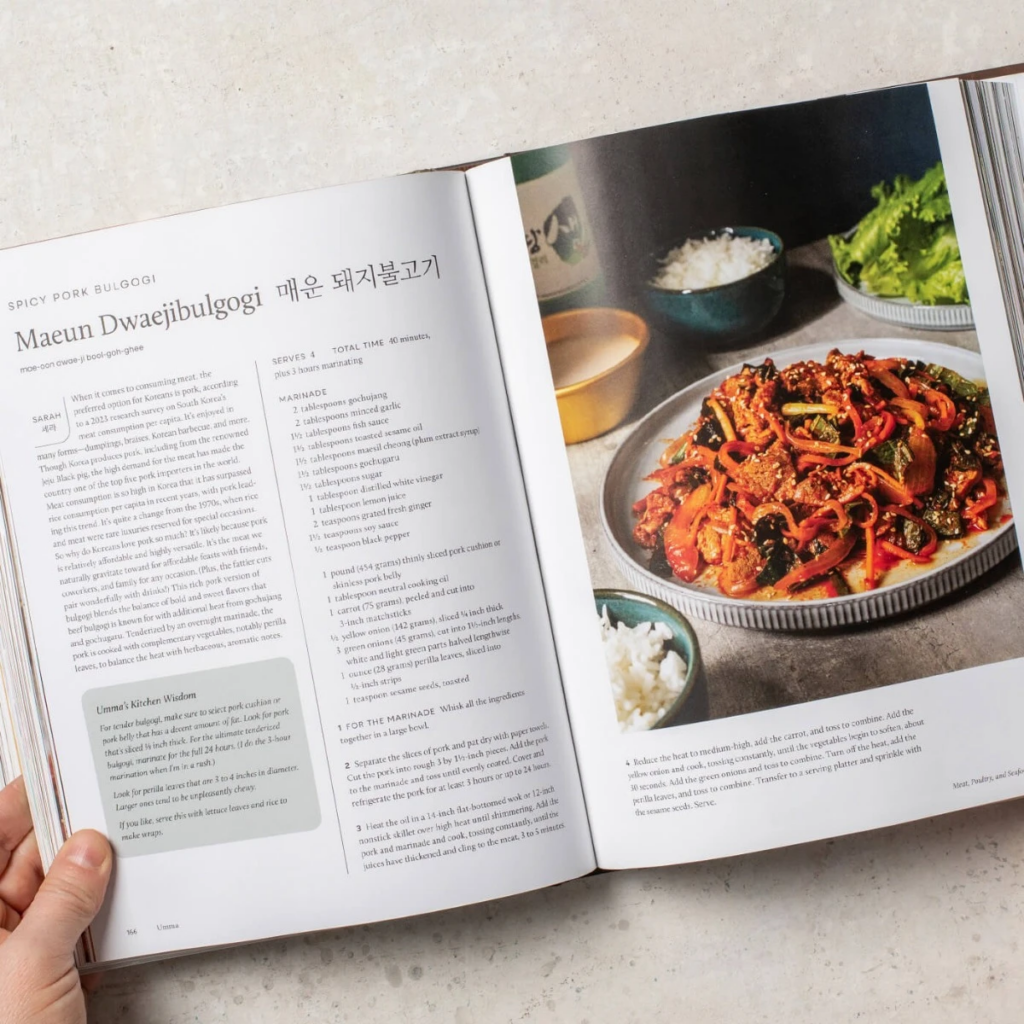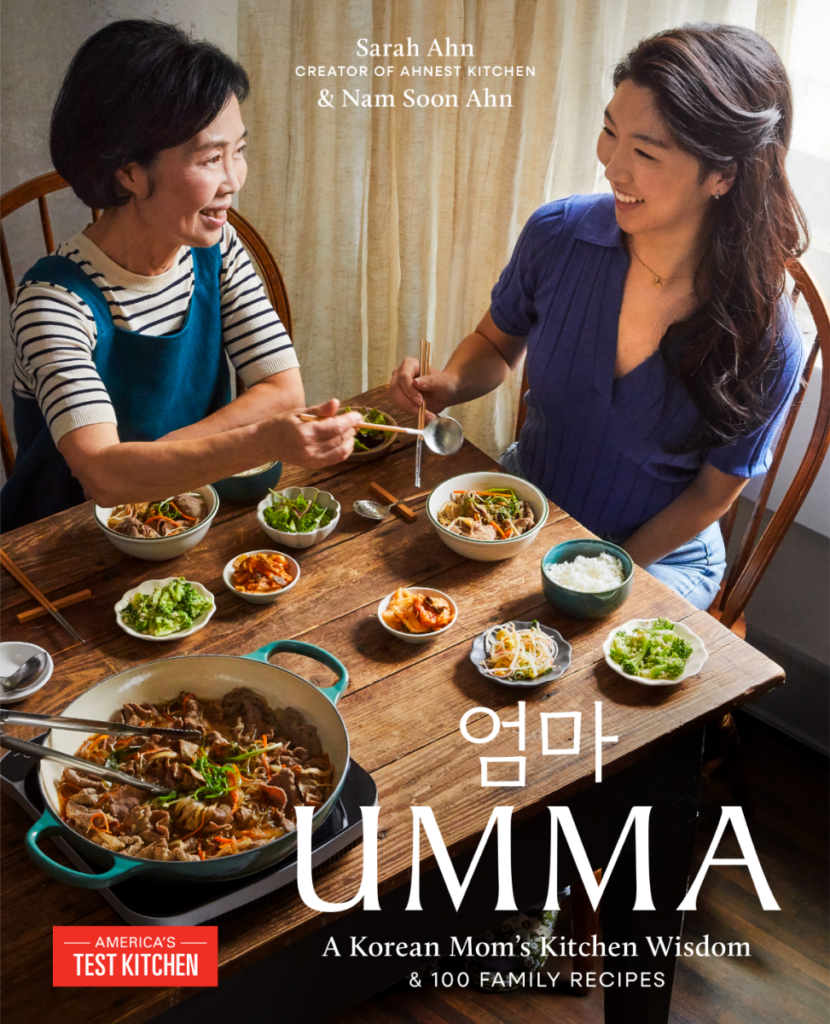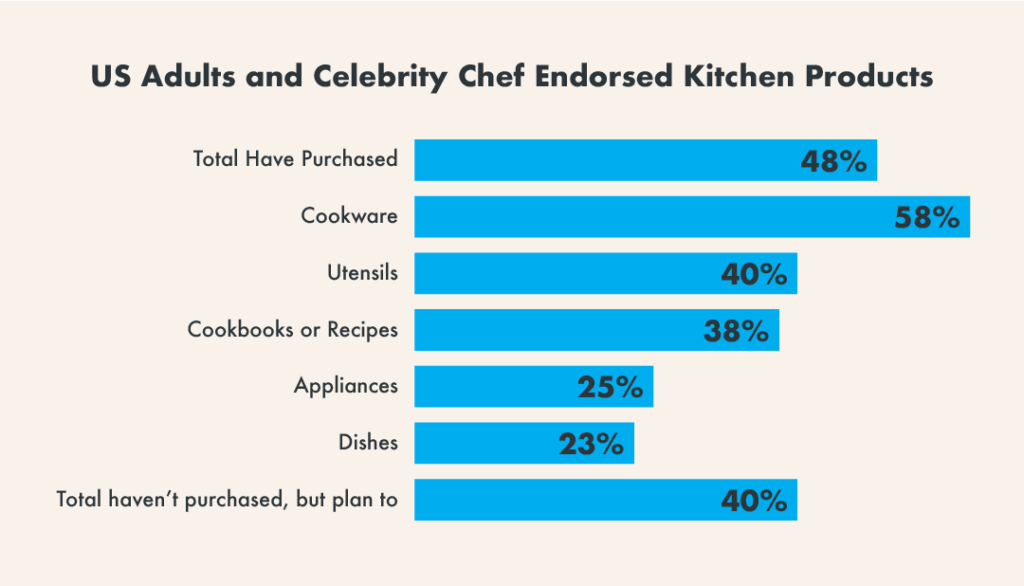Celebrity Chefs [Part 1]: Professionals and Amateurs
History tells us the first celebrity chefs hailed from 16th century Italy and England (Bartolomeo Scappi, and Robert May), 18th century America (black, presidential kitchen cooks Hercules Posey and James Hemings), and 19th century France (Marie-Antoine Carême). The first 20th century stars? James Beard and Julia Childs. But it wasn’t until the 21st century when the potential of chefs as influencers was fully realized.
According to the International Journal of Hospitality Management, the role of a celebrity chef is to create, perform, inspire the masses to cook…and to buy. When academics sought to study the celebrity chef’s effect on consumer behavior, it was proven out, with results indicating that “consumers intention to purchase food products is positively influenced by the credibility of the celebrity.”
Case in point, a national survey revealing nearly one-half of U.S. adults have purchased kitchen products or chef tools endorsed by celebrity chefs – largely cookware – and another 4 in 10 plan to.
What fascinates us most, is the finding that the expertise of the celebrity does NOT correlate to their credibility.
Confirming what we already know, today’s celebrity chef need not be an actual chef.
To further test that theory, we took to Reddit, to examine consumer attitude towards amateur cooks with a sizable following:
- “Having gone to culinary school myself and having worked in test kitchens for many years…I think there’s a misconception that it makes you an expert.”
- “I don’t think any food influencers are trying to tout expertise…they’re showing what they do.”
- “I don’t think you HAVE to have formal training to be a successful food creator…I’ve found success with recipes from others who don’t have it but still use good technique.”
- “I follow both kinds of people in the foodie space, because I honestly don’t care if they were classically trained or not. I care if the recipes work and taste good.”
From our POV, there’s a role for both.
Despite Forbes’ current claim that “very few chefs of the last 25 years have had much of an impact on American or global gastronomy beyond showbiz pizazz,” and Vox declaring chefs as part of “the old guard of food media,” we believe in the relevance of the professional chef and continue to see examples of it in the world:
- World Central Kitchen founder, Chef José Andrés, awarded the Presidential Medal of Freedom in 2025
- The +14% growth in U.S. culinary arts enrollment between 2020 and 2023
- Long-running cooking show hits Ciao Italia (Season 31), and Top Chef (Season 22)
- The hero-worship evident in Resy’s “Dream Team Dinners,” which places young chefs in the kitchen with their culinary idols
- Clickbait headlines that clearly put chefs in a position of influence, e.g., Taste of Homes’ “24 Chefs Who Have Changed the Way We Eat Forever,” or Tasting Tables’ “17 Celebrity Chefs and Their Favorite Fast-Food Restaurants”
But we are also enamored with some of the remarkable cooking-related accomplishments of those with no formal training. The influential, regular folk sometimes referred to as “normies.” Here are some of our favorites:
Umma: A Korean Mom’s Kitchen Wisdom and 100 Family Recipes
As followers of @ahnestkitchen, and daughter Sarah Ahn’s documenting of her mother’s extensive Korean cooking for the family (and the family pup!), we were delighted to see this make the New York Times bestseller list shortly after its April 1st launch in 2025.


Image Credit: America’s Test Kitchen
Owen Han: Sandwich King
Dubbed by The Nation as part of a “new breed of culinary abbreviators, united in their commitment to an increasingly compressed and assaultive style in food TV,” Owen’s following is staggering – over 7 million across platforms. And his well-executed, ASMR videos on TikTok are as addictive as his sandwiches.
The Lemonade Stand Ladies
These entrepreneurial young women are launching lemonade stands as a side hustle to fund education or get out of debt, paying it forward by posting “how tos” for others to emulate.
D.C.’s Malia Blake and her business, “Malia’s Main Squeeze.”
And the woman who first inspired her, Kentucky’s Elizabeth Williams.
We encourage you to consider how both the professional and the amateur could influence your consumers, products, and recipes. Doing so may also require you to adjust your media mix. Surveys tell us that “foodie” media behavior is first dominated by TV (5 in 10), second by cooking websites (4 in 10), and lastly, social or amateur food influencer content (3 in 10).
Stay tuned for Part 2 of this “chef” influencer series, coming in June.


